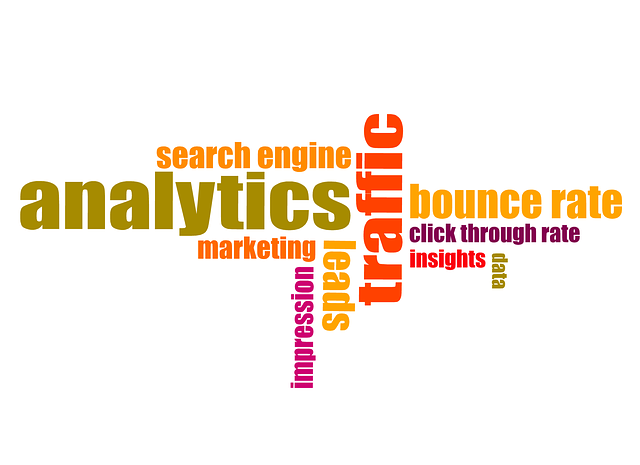In today's digital era, Intelligent Search leverages advanced algorithms, machine learning, and natural language processing (NLP) to transform traditional search methods. Unlike keyword matching, it understands user intent and context, providing personalized, relevant results faster. This technology powers various applications across e-commerce and enterprise systems, revolutionizing business operations and user interactions. A robust Search Intelligence (SI) solution integrates data from diverse sources, ensuring accurate, unified information access for enhanced productivity, decision-making, and satisfaction. Intelligent Search redefines information access by offering highly personalized results based on user needs and contextual cues, with wide-ranging applications from business to research and personal online experiences.
In today’s data-rich landscape, effective information retrieval is paramount. Understanding Intelligent Search represents a paradigm shift in how we interact with data, leveraging advanced algorithms and machine learning to deliver tailored, context-aware results. This article delves into the modern approach of intelligent search, exploring its key components and the profound benefits it offers across various applications. By harnessing the power of intelligent search solutions, organizations can revolutionize their data management strategies.
- Understanding Intelligent Search: The Modern Approach to Information Retrieval
- Key Components of a Successful Search Intelligence Solution
- Benefits and Applications: Revolutionizing the Way We Interact with Data
Understanding Intelligent Search: The Modern Approach to Information Retrieval

In today’s information age, the traditional method of searching is evolving into a more sophisticated and intelligent process. Intelligent search goes beyond basic keyword matching by employing advanced algorithms and machine learning techniques to understand user intent and context. This modern approach aims to deliver relevant results that match the user’s exact needs, rather than just a list of randomly ranked web pages. By analysing vast amounts of data, these solutions can predict user behaviour, anticipate queries, and provide personalized search experiences.
This evolution in search intelligence is reshaping how we interact with information. It enables users to access tailored knowledge bases, research complex topics efficiently, and make informed decisions faster. Moreover, intelligent search technologies power a wide range of applications, from e-commerce and content discovery platforms to enterprise knowledge management systems, revolutionizing the way businesses operate and users engage with digital services.
Key Components of a Successful Search Intelligence Solution

A successful Search Intelligence (SI) solution hinges on several key components that work together to transform raw data into actionable insights. The first crucial element is intelligent search capabilities, which go beyond basic keyword matching. Advanced algorithms, including natural language processing (NLP), semantical analysis, and machine learning, enable SI systems to understand user queries in context, interpret intent, and deliver precise results. This ensures that users find exactly what they’re looking for, fostering productivity and satisfaction.
Another vital component is data aggregation and integration from diverse sources. In today’s digital era, information scattered across various platforms and formats needs to be unified. Effective SI solutions seamlessly pull together data from websites, databases, documents, social media, and enterprise systems, providing a comprehensive view of relevant information. This holistic approach enhances the accuracy and relevance of search results, making intelligent search a powerful tool for informed decision-making and competitive advantage.
Benefits and Applications: Revolutionizing the Way We Interact with Data

In today’s data-rich environment, an intelligent search solution is transforming the way we interact with information. Unlike traditional search methods, intelligent search leverages advanced algorithms and natural language processing to deliver precise, relevant results tailored to individual users’ needs. By understanding user intent and context, it revolutionizes data discovery, making complex information more accessible and actionable.
This innovative technology finds applications across various sectors. In business, for instance, it enables employees to quickly uncover critical insights from vast corporate knowledge bases, fostering efficient decision-making. In academia, researchers can sift through extensive literature with ease, accelerating their work. Intelligent search even enhances personal experiences, allowing users to seamlessly find relevant content online, from scientific papers to historical archives, revolutionizing the way we explore and engage with data.
Search intelligence solutions are transforming the way we interact with data, offering unprecedented efficiency and insight. By leveraging advanced algorithms and natural language processing, intelligent search tools provide a more intuitive and effective approach to information retrieval. The key components outlined in this article—including relevant indexing, semantic understanding, and user-centric design—are essential for harnessing the full potential of these solutions. As we continue to navigate an increasingly data-rich world, embracing intelligent search is crucial for staying competitive and unlocking valuable insights hidden within our vast stores of information.
